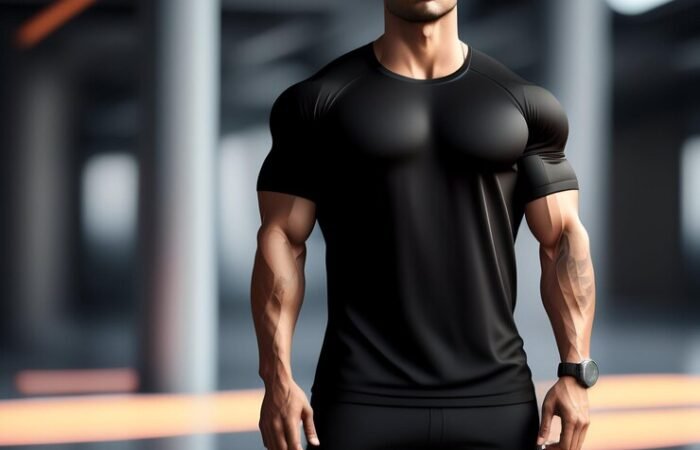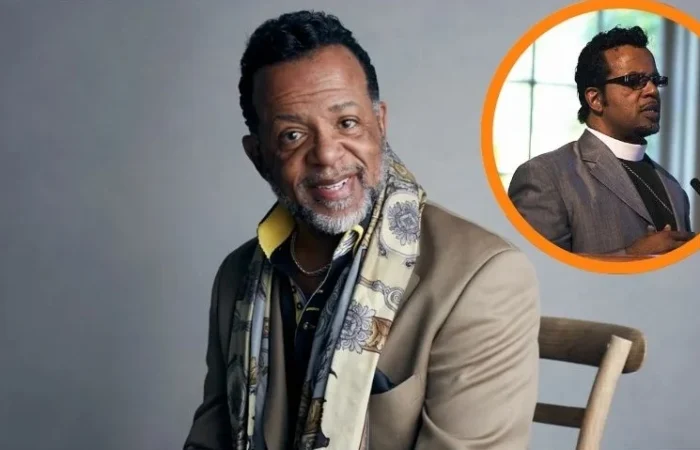Imagine waking up each morning, looking in the mirror, and feeling confident, happy, and accepting of the person staring back at you. For many of us, this seems like a far-fetched dream, as we’ve been conditioned by society’s narrow beauty standards to scrutinize every inch of our bodies, finding flaws where there are none.
Developing a positive body image is crucial for overall well-being, and it can be achieved through a combination of self-reflection, self-care, and a supportive environment.
In today’s image-obsessed world, it’s no surprise that body image has become a topic of paramount importance. From billboards to social media feeds, we’re constantly bombarded with idealized representations of what our bodies “should” look like. But the truth is, these unrealistic standards are damaging our mental and physical well-being. So, let’s dive into the importance of positive body image and how we can all work towards embracing our bodies, flaws and all.
Understanding Body Image
So, what exactly is body image? It’s a multidimensional concept that encompasses not just how we perceive our appearance but also how we feel about our bodies’ functionality and capabilities. It’s not just about the way we look, but how we appreciate and respect our bodies for what they can do.
Let’s rewind a bit: Throughout history, cultural and societal pressures have played a significant role in shaping our body image ideals. From the voluptuous figures celebrated in ancient times to the ultra-thin models gracing modern-day runways, beauty standards have been ever-evolving, leaving many of us struggling to keep up.
- Key Points:
- Body image isn’t just about looks; it’s about how we view and appreciate our bodies in their entirety.
- Our self-esteem and self-confidence are intrinsically linked to our body image. When we feel good about our bodies, we’re more likely to feel good about ourselves overall.
- Cultural and social factors, like media representation, peer pressure, and societal norms, can heavily influence our body image, both positively and negatively.
It’s important to understand that body image is a complex and multifaceted concept. It’s not just about the way we look, but how we feel about our bodies, their abilities, and their place in the world. A positive body image means appreciating your body for what it can do, not just how it looks.
The Impact of Poor Body Image
Alright, let’s get real: Poor body image can take a serious toll on our mental health. We’re talking about issues like eating disorders, body dysmorphic disorders, anxiety, depression, and low self-esteem. And trust me, y’all, these are no joke.
| Mental Health Issue | Description |
|---|---|
| Eating Disorders | Conditions characterized by severe disturbances in eating behavior, often stemming from a desire to achieve an unrealistic body shape or size. This can include anorexia nervosa, bulimia nervosa, and binge eating disorder. |
| Body Dysmorphic Disorder | A mental health condition involving an obsessive preoccupation with perceived flaws in one’s physical appearance, often resulting in repetitive behaviors like excessive grooming or seeking reassurance. |
| Anxiety and Depression | Poor body image can contribute to feelings of anxiety, low self-worth, and depressive symptoms, making it difficult to fully enjoy life and engage in social situations. |
But it’s not just our mental well-being that takes a hit; poor body image can also impact our daily lives in profound ways. We might find ourselves avoiding social situations out of fear of being judged, struggling to form meaningful relationships because we don’t feel worthy, or simply feeling like we can’t fully embrace life and all its joys because we’re constantly preoccupied with our appearance.
Let’s be real here, folks – negative body image is no joke. It can seriously mess with our mental health, relationships, and overall quality of life. It’s time to break free from these harmful thought patterns and embrace our beautiful, unique selves.
Developing a Positive Body Image
Okay, so we’ve covered the not-so-pretty stuff. But fear not, my friends, because there’s a light at the end of the tunnel! Developing a positive body image is totally within reach, and it all starts with a little self-reflection and self-care.
- Strategies for self-reflection and self-care:
- Keep a top-ten list of your positive qualities (both physical and non-physical) and refer to it often. This can help you focus on the things you love about yourself, rather than dwelling on perceived flaws.
- Celebrate your body’s functionality – the fact that it allows you to move, breathe, and experience the world is pretty darn amazing! Try to appreciate your body for what it can do, rather than just how it looks.
- Practice gratitude and self-acceptance. Your body is the vessel that carries you through life, and it deserves love and appreciation, regardless of its shape or size. Be kind to yourself and try to let go of negative self-talk.
But wait, there’s more! A supportive environment is also crucial in fostering a positive body image. Surround yourself with people who uplift and encourage you, and don’t be afraid to call out those who promote harmful ideals.
- The importance of a supportive environment:
- Positive people: Spend time with friends and loved ones who make you feel good about yourself and appreciate you for who you are, not just what you look like.
- Media awareness: Be critical of the images and messages you consume, and seek out diverse representations of beauty. Follow body-positive social media accounts and unfollow any accounts that make you feel bad about yourself.
- Self-esteem boosting activities: Engage in hobbies, sports, or activities that make you feel empowered and confident in your own skin. When you focus on what your body can do, rather than just how it looks, it can be easier to appreciate it.
Developing a positive body image is a journey, and it’s not always easy. But by practicing self-care, surrounding ourselves with positive influences, and challenging societal norms, we can learn to love and appreciate our bodies for all that they are.
The Role of Social Media and Body Image
In today’s digital age, it’s impossible to ignore the impact of social media on body image. We’re constantly bombarded with carefully curated images of “perfect” bodies, filtered and edited to present an unrealistic standard of beauty.
Studies have shown that excessive social media use is linked to increased body dissatisfaction and negative body image, particularly among young people. When we’re constantly exposed to these idealized images, it’s easy to start comparing ourselves and feeling like we don’t measure up.
However, social media can also be a powerful tool for promoting body positivity and challenging harmful beauty standards. There are countless body-positive accounts and communities that celebrate diversity, self-love, and body acceptance.
It’s important to be mindful of the accounts and content you consume on social media. Follow accounts that make you feel good about yourself and unfollow any accounts that promote unrealistic or harmful ideals. Remember, what you see on social media is often heavily curated and edited – it’s not a realistic representation of real life.
The Impact of Negative Body Image on Physical Health
While we often focus on the mental health implications of poor body image, it’s important to recognize the physical toll it can take as well. Negative body image can contribute to disordered eating behaviors, which can lead to serious health consequences.
Eating disorders like anorexia, bulimia, and binge eating disorder can cause a range of physical health issues, including:
- Nutritional deficiencies
- Electrolyte imbalances
- Gastrointestinal issues
- Cardiovascular problems
- Osteoporosis
- Fertility issues
Even for those without a diagnosed eating disorder, negative body image can lead to unhealthy behaviors like extreme dieting, overexercising, or the use of diet pills or laxatives. These behaviors can have long-term consequences for physical health and well-being.
It’s crucial to recognize that our bodies are more than just their appearance. Our bodies are incredible machines that deserve to be nourished and cared for, regardless of their size or shape.
The Role of Mental Health Professionals
For those struggling with severe body image issues or related mental health conditions, seeking professional help can be an important step towards healing and recovery.
Mental health professionals, such as therapists, counselors, and psychologists, can provide valuable support and guidance. They can help individuals:








No Comment! Be the first one.